One of our primary objectives is to raise awareness in the society by ensuring individuals are empowered with the appropriate set of knowledge and skills and bring in a futuristic temperament to leading a conscious lifestyle.
Around 80% of soy produced globally is for animal feed, driven by increased livestock production, while just 6% is used for direct human food. India ranks 2nd in deforestation, averaging 6,68,400 hectares annually, due to expansion in animal agriculture. Blaming plant-based diets overlooks broader factors driving deforestation. The largest study ever conducted on almost 40,000 farms in 119 countries covering 40 food products that represent 90% of all that is eaten. The evidence was so overwhelmingly in favour of a plant-based diet that the lead researcher went vegan in the first year of the five-year study. Joseph Poore said, “Even the highest-impact vegetable, like tofu for example, still emits less than the lowest-impact animal protein. A kilo of soy shipped halfway around the world inflicts much less atmospheric harm than a kilo of chicken, pork or beef reared on the local farm.”
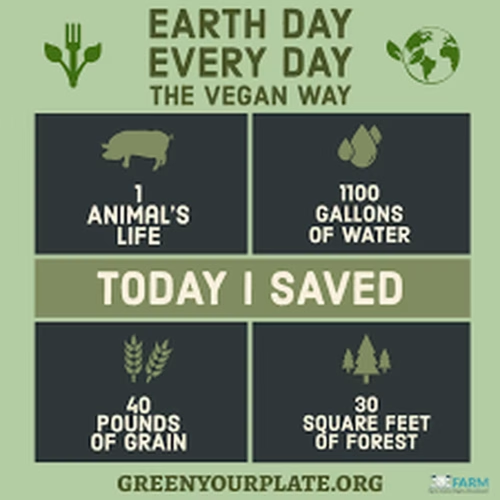
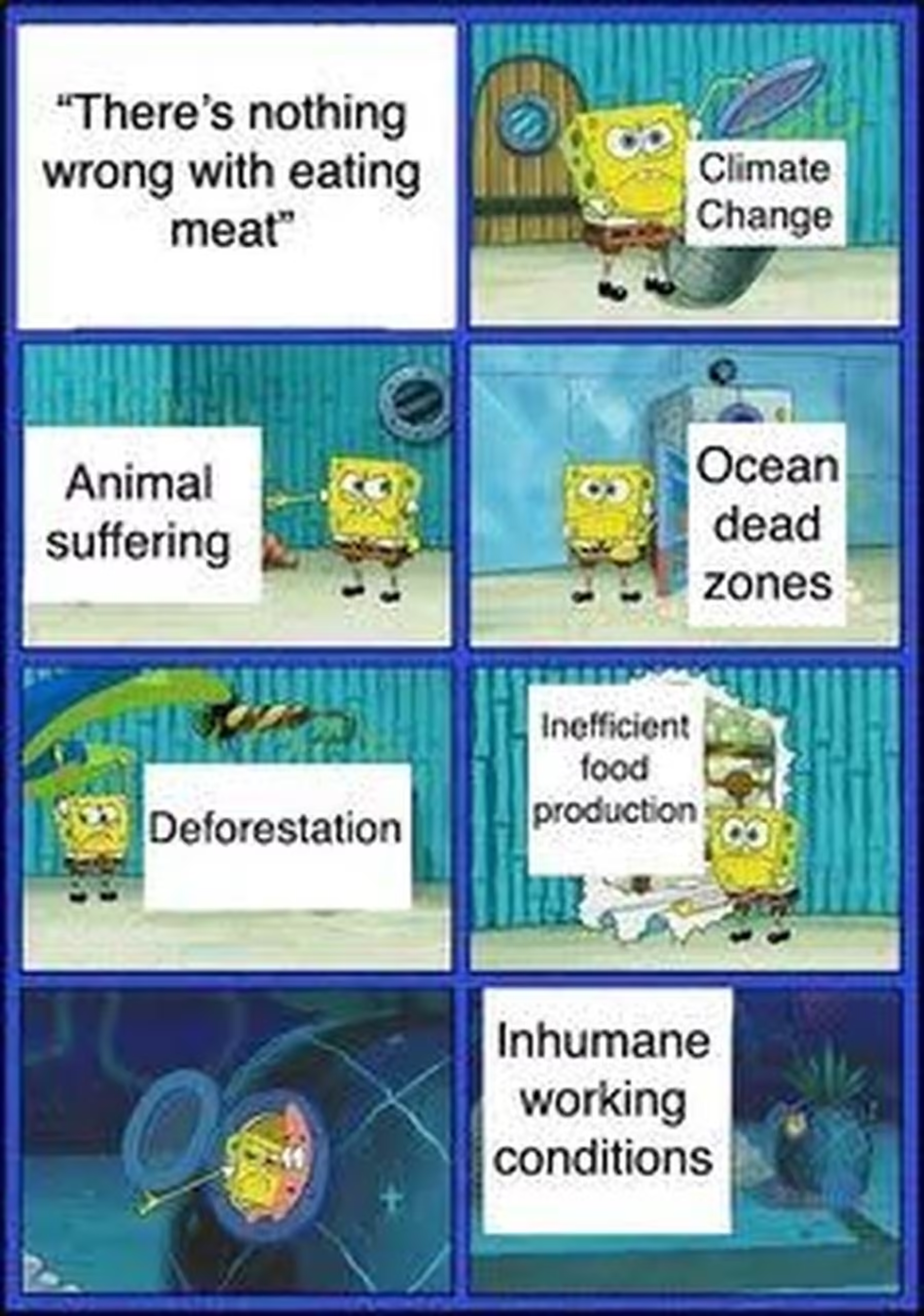
Livestock production is the single largest driver of global species extinction, driving ocean dead zones, habitat destruction, and the hunting of wild animals to protect livestock. Furthermore, deforestation for livestock grazing and feed production worsens the issue. Transitioning to plant-based economies significantly reduces contribution to these destructive practices, preserving biodiversity and protecting vulnerable species in the process.
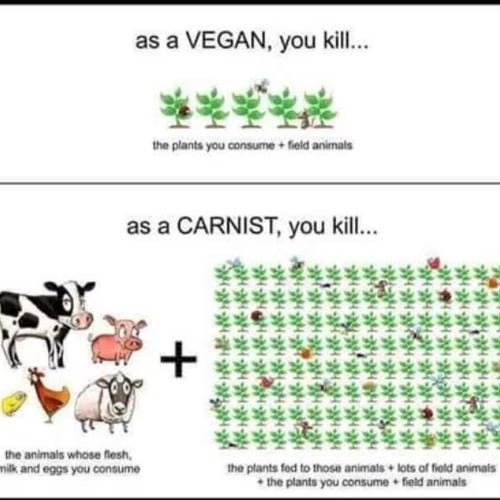
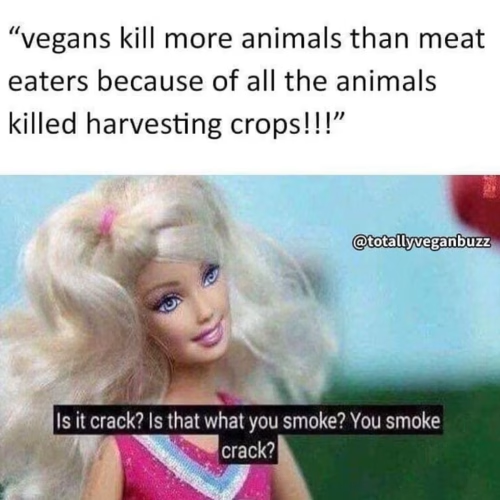
While the transportation sector does contribute to greenhouse gas emissions, methane emissions from livestock account for about 32% of human-caused methane emissions globally and are a leading factor in climate change. In India, livestock contributes approximately 63% of emissions from the agricultural sector, with buffalo meat exports alone releasing over 200 million tonnes of CO2 equivalents annually. In his study on almost 40,000 farms in 119 countries, Joseph Poore says “A vegan diet is probably the single biggest way to reduce your impact on planet Earth, not just greenhouse gases, but global acidification, eutrophication, land use and water use. It is far bigger than cutting down on your flights or buying an electric car, as these only cut greenhouse gas emissions.”
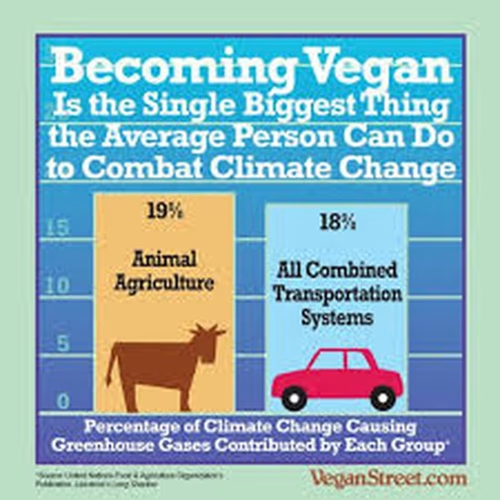
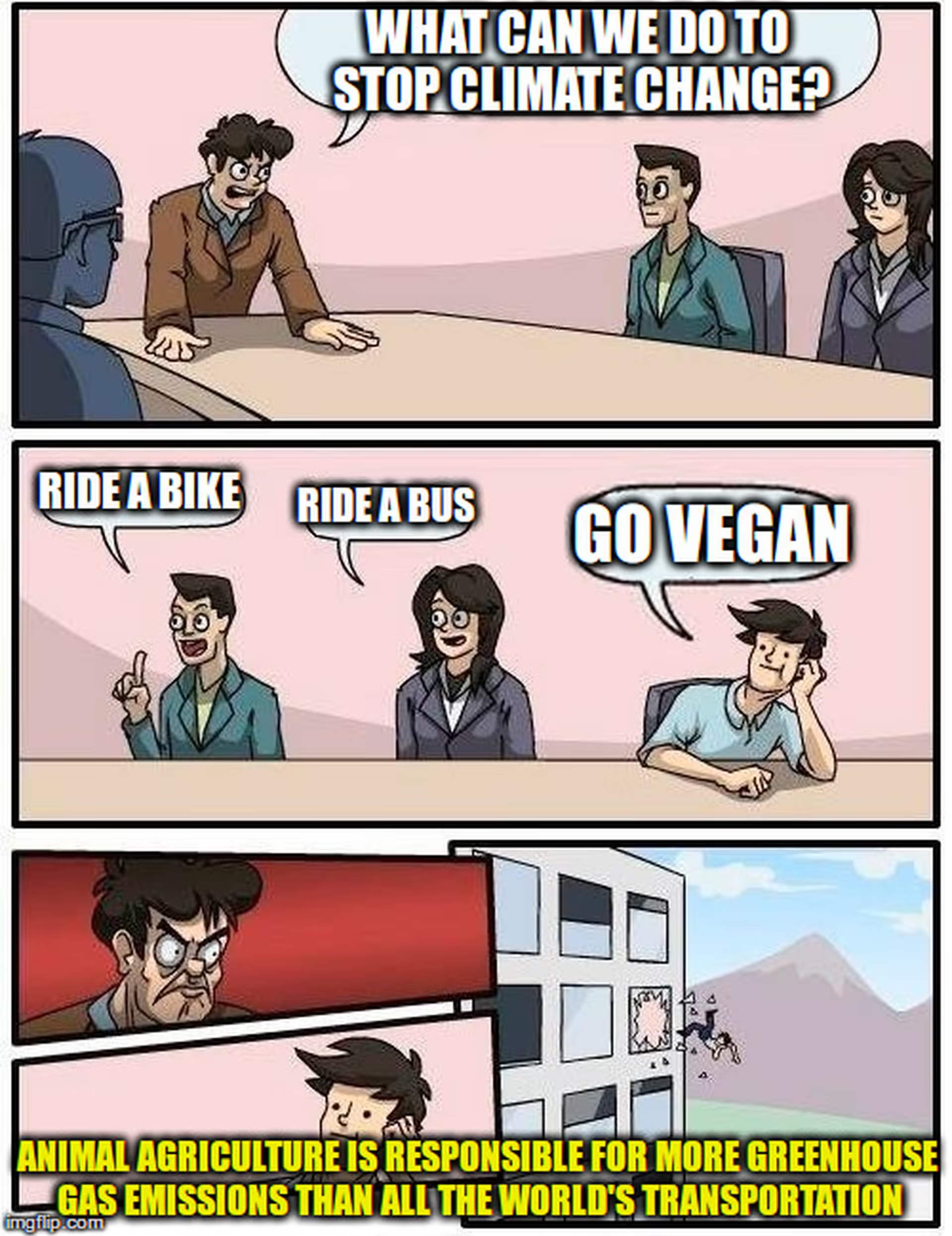
B12 is synthesised by bacteria and archaea, not plants or animals. Historically, humans obtained B12 from accidental ingestion of soil and manure, like wild animals. However, modern farming practices and soil deficiencies have made this natural source unreliable. Both vegans and meat-eaters often rely on B12 supplements, and the animals are also supplemented with it, making the distinction between diets’ naturalness irrelevant.
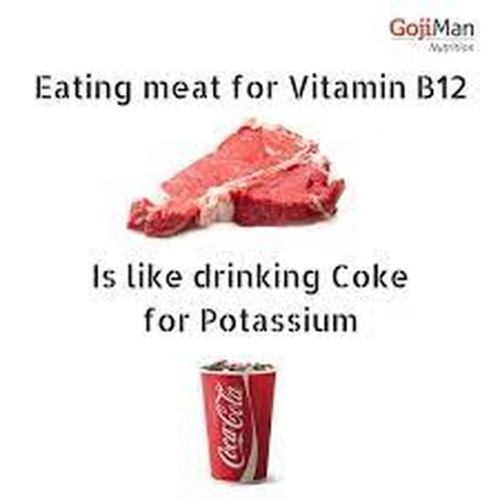
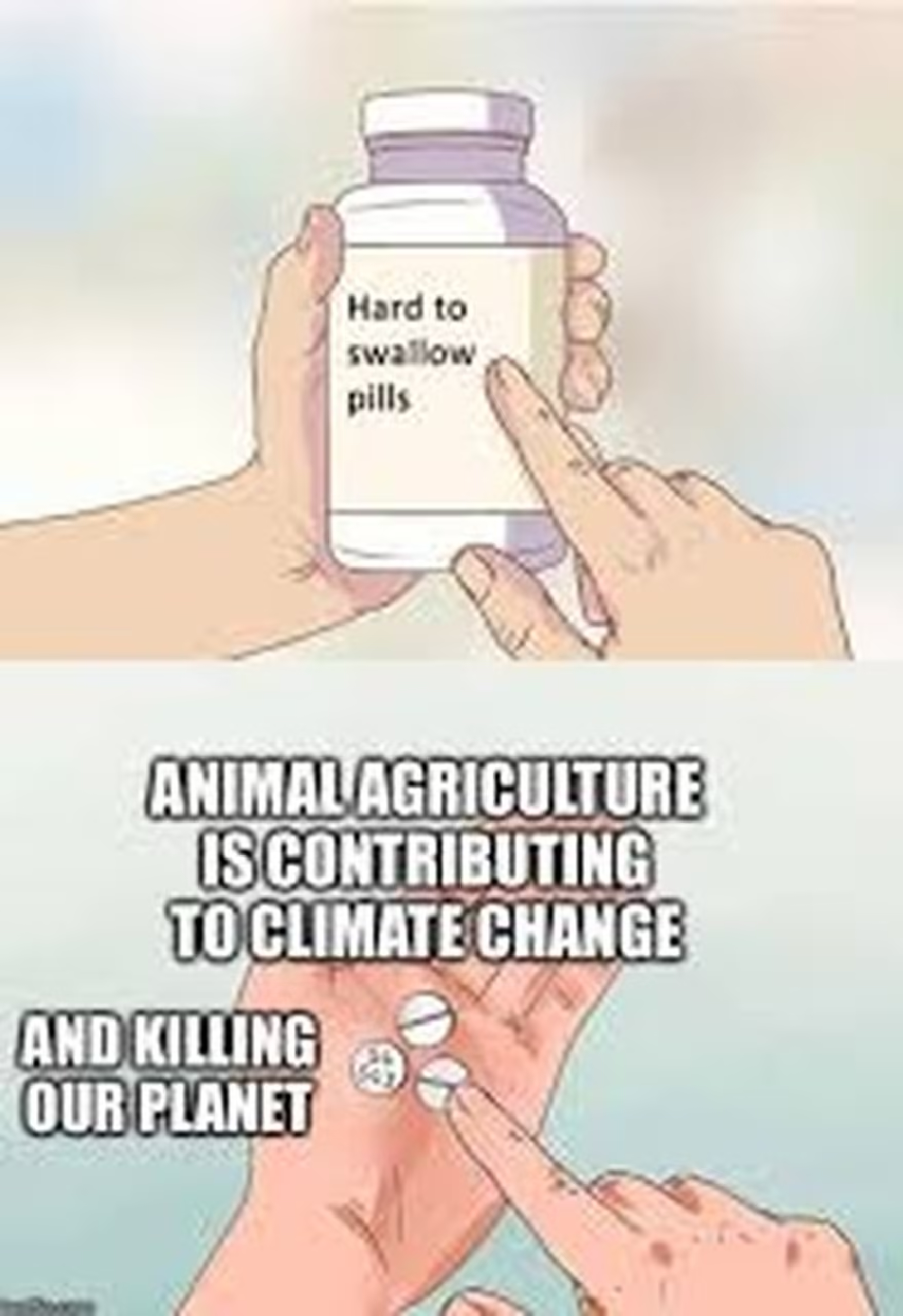
Plant-based sources like walnuts, flaxseeds and chia seeds offer the same health benefits without the risks associated with consuming fish. Fish contain saturated fat, cholesterol and various toxins like mercury and PCBs. Fishing and industrial farms’ pollutants harm ocean ecosystems, leading to the loss of marine biodiversity. Only 13% of the world’s oceans remain unaffected by human impact and experts predict fish populations could collapse entirely by 2048 if current trends continue.
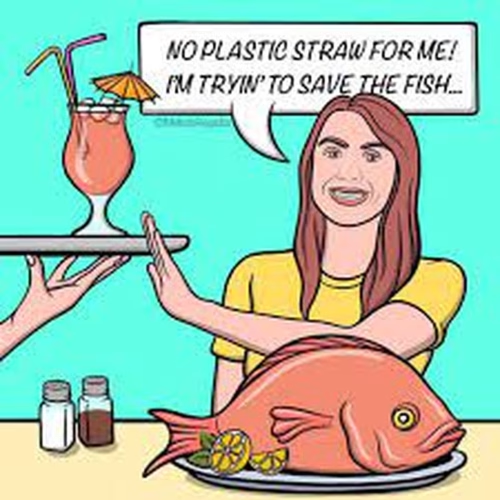
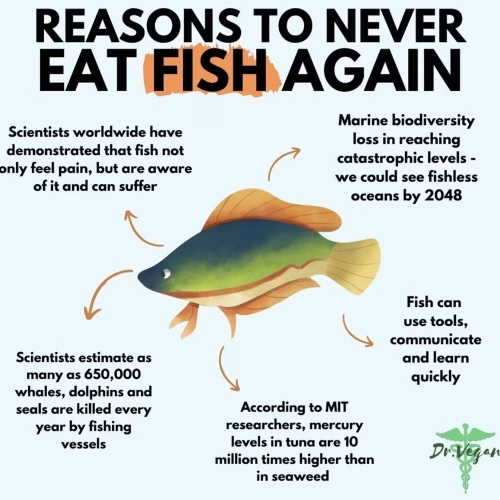
All plant foods contain all 20 amino acids, including the 9 indispensable amino acids. Additionally, studies show that plant-based protein sources reduce the risk of early death, particularly from heart disease, with each additional 3% of calories from plant protein decreasing mortality risk by 5%. In contrast, a 2019 study found that individuals who consumed more meat and animal-based protein sources in place of plant-based ones increased their risk of death from chronic diseases by 23%. Watch What The Health Documentary to understand how our current food system is making us sick.
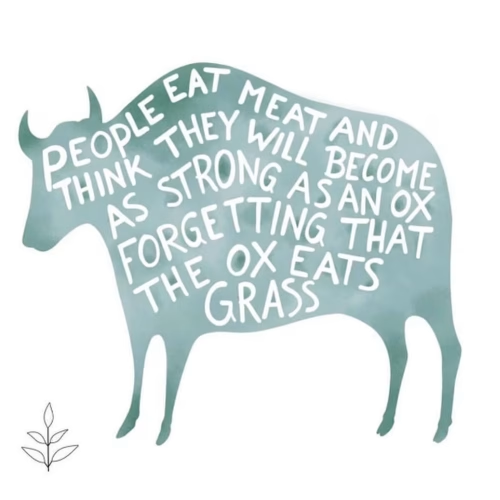
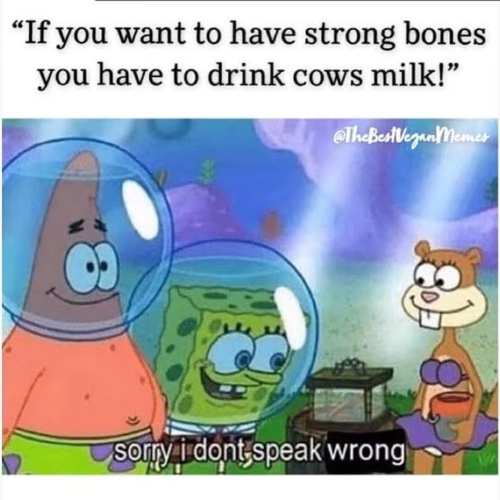
A 2016 study by the Academy of Nutrition and Dietetics states that a well-planned vegan diet is appropriate for all stages of the life cycle, including pregnancy, lactation, infancy, childhood, adolescence, older adulthood and for athletes. This study also concludes that vegans are at reduced risk of certain health conditions and chronic diseases. Research published by the Physicians Committee consistently demonstrates that plant-based diets offer ample protein, along with being high in carbohydrates, low in fat and rich in vitamins, minerals, and antioxidants, making them ideal for athletic endeavours. Watch The Game Changers Documentary to understand the optimal diet for human performance and health.
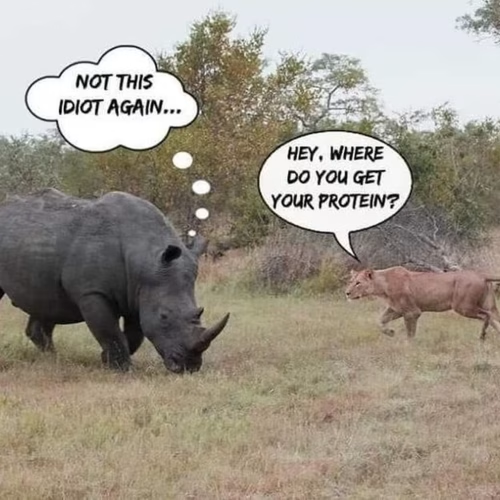
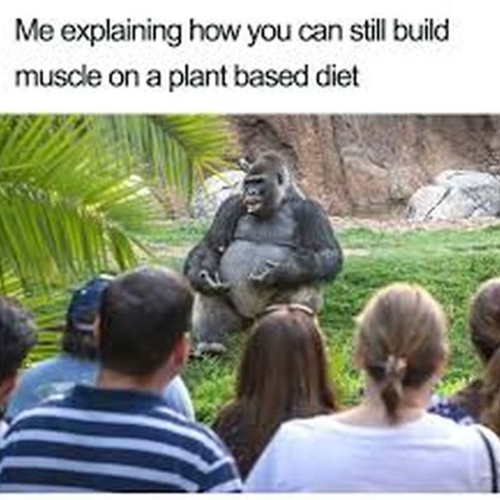
Some of the cheapest foods are already plant-based and in a country like India, we have a bounty of plant foods available to us. Being on a plant-based diet does not necessarily require the consumption of plant milk or meat alternatives, which might be more expensive currently. A ‘Whole Food Plant Based Diet’, incidentally turns out to be the most optimal and most inexpensive diet. When we factor in long-term environmental and health care in the cost of diets, plant-based diets turn out to be significantly more affordable and sustainable. A 2021 Research by Oxford University found that healthy and sustainable dietary patterns like a plant-based diet were up to 25–29% lower in cost in low-income to lower-middle-income countries and up to 37% lower in cost on average, for the year 2050. Watch Forks Over Knives Documentary examining the correlation between chronic diseases and animal-based foods.
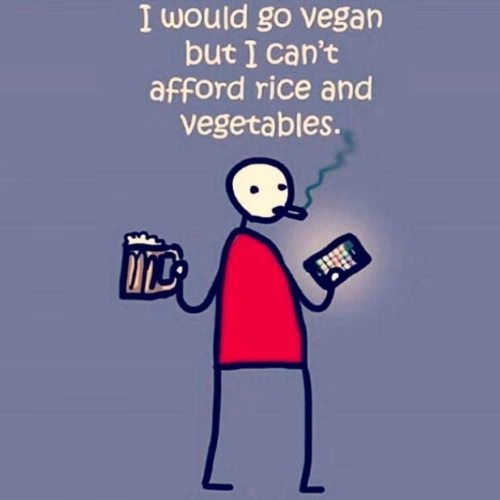
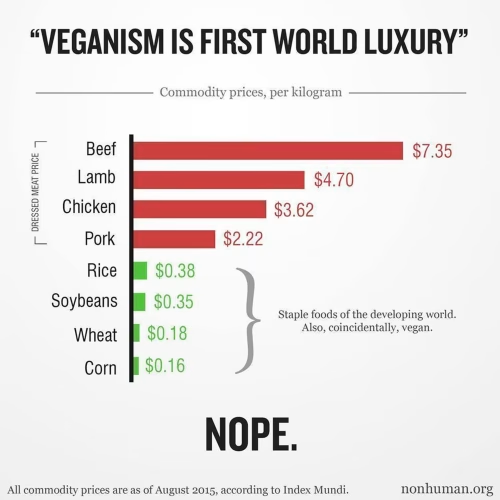
Some claims concerning holistic grazing are directly at odds with scientific knowledge, like the causes of land degradation and the relationship between cattle and atmospheric methane concentrations. The total carbon storage potential in pastures does not exceed 27 billion tonnes of Carbon globally, which corresponds to less than 5% of the emissions of carbon since the beginning of the industrial revolution. Holistic grazing can thus not reverse climate change. A two-year study by the Food Climate Research Network found that grazing animals can only offset 20-60% of their emissions through soil carbon sequestration, proving inadequate in the long term. Furthermore, after a few decades, the soil reaches carbon equilibrium, rendering it unable to sequester more carbon, thus negating any emissions offset. Additionally, grazing contributes to soil compaction, disrupts the algal crust and reduces soil stability and fertility. Regenerative farming is also facing criticism from scientific bodies for being anecdotal and conflicting with established evidence, highlighting the need for natural land restoration over animal agriculture.
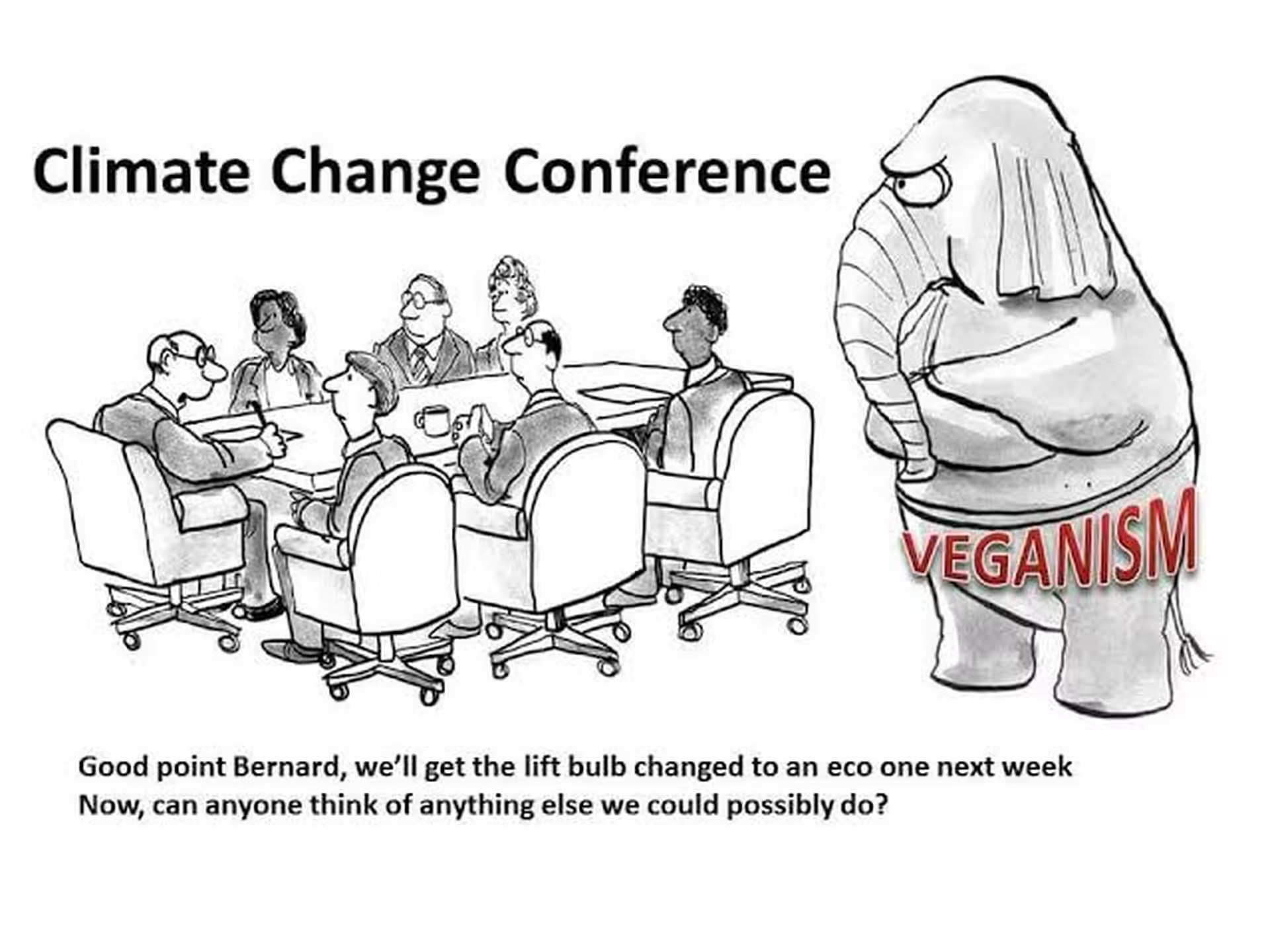
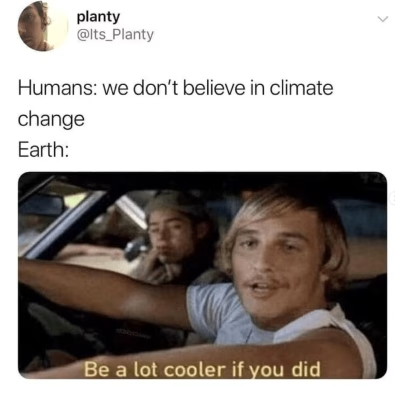
Diverse Research